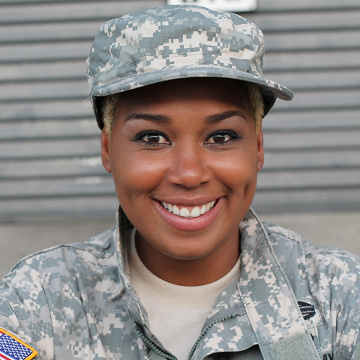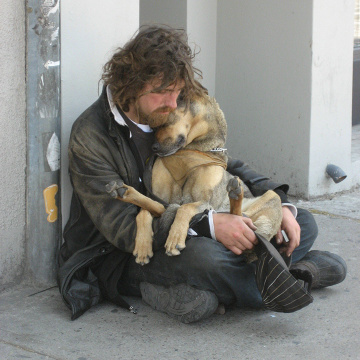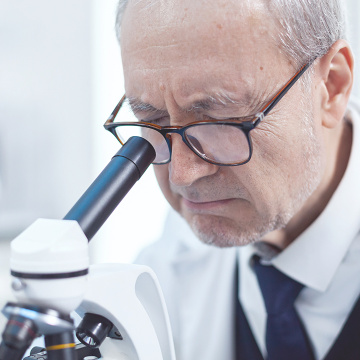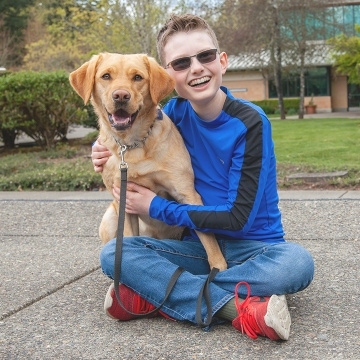We focus our work on four primary areas of need, allowing the Foundation to make the greatest impact and contribute meaningfully to long-term solutions for our community. Our areas of focus are all guided by Carol Moss’s original vision and inspired by her passions and philanthropy. We are also committed to addressing emergent needs in our communities, and directing our efforts toward people, organizations and communities that need it most.
Animals and their human companions
Our work in this area is two-fold: we seek to ensure the health and quality of life for animals, as well as to nurture the bond that forms between animals and humans in need, including those with physical or emotional challenges as well as those living in poverty.
Health care
We seek to ensure access to services which improve health outcomes in our communities and to support research that will improve the quality of care delivered and ultimately save lives.
Our Grantees
Veterans and their families
We seek to honor veterans and support both active duty and retired personnel and their families to ensure that they are able to have stable, healthy, fulfilled lives.
Emergent need
We are committed to responding to crisis situations anywhere in the country. Most recently, we have focused our work on the Covid-19 pandemic and natural disasters.




